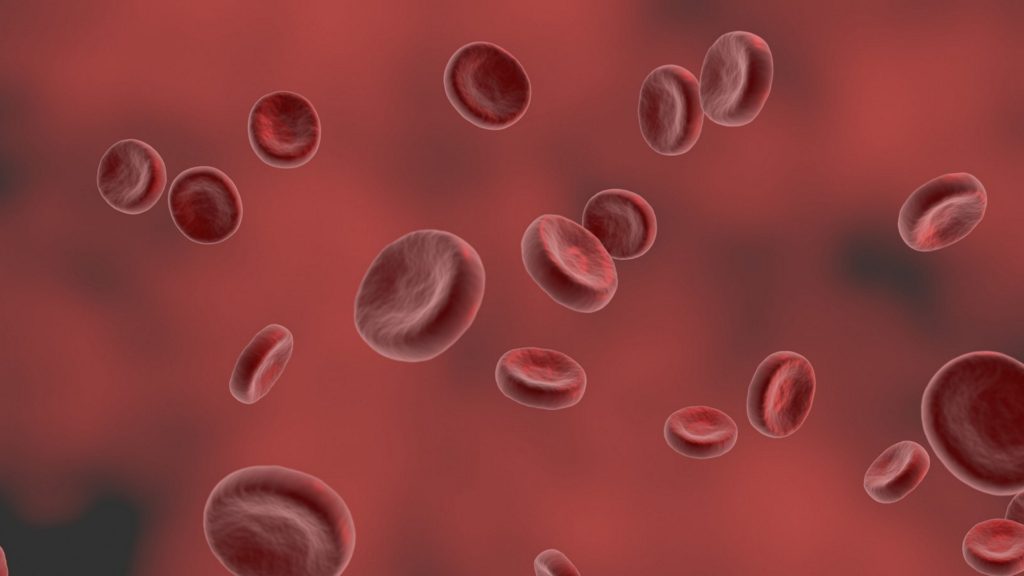Folate Deficiency Anemia
Folate deficiency anemia is manifested by very low levels of serum folate and red cell folate.
It is due to the following causes:
- Deficiencies in the diet
- Drug-induced folate malabsorption, as experienced by epileptics on anticonvulsant drugs, women receiving contraceptive pills, and patients with cancers receiving methotrexate, 6-mercaptopurine and cytosine-arabinoside
- Increased requirements during infancy and pregnancy
- A combined deficiency of folate and vitamin b12 as found in tropical sprue, and gluten-sensitive enteropathy
- The exclusive feeding of infants on goat’s milk so that they develop folate deficiency anemia (as goat’s milk lacks folate).
What will happen to a patient with megaloblastic anemia if he or she is given folate before the cause of the anemia is identified?

If folate is given to a patient with vitamin B12 deficiency, the anemia will appear to be corrected; but it will have no effect on the vitamin B12 deficiency, which will continue and result in progressive neurological damage.
Effects
Since folate and vitamin B12 are essential for the synthesis of the nucleoproteins required in the development of red blood cells, any deficiency of folate will result in megaloblastic bone marrow and anemia. Patients with folate deficiency anemia develop weakness, tiredness, sore tongues, shortness of breath, loose motions, irritability, and forgetfulness. Appetite may be lost, resulting in weight loss.
Management
Before starting treatment for megaloblastic anemia, it is important to make a proper diagnosis, as giving folate to patients with vitamin B12 deficiency will correct the anemia but will have no effect on the B12 deficiency: this will continue and result in progressive neurological damage: Once the diagnosis has bee confirmed, 1 mg folate given daily will replenish the folate in two to three weeks. To maintain the replenished stores, it is recommended that 50-100 μg pure folk acid be given daily in the food or as a supplement.
The Role of Diet

After the anemia has been corrected, a patient should be given advice on food rich in folate. Liver, dried beans, spinach, wheat bran, whole-wheat bread and leafy vegetables are all good sources of folate. Fruits and vegetables should be eaten fresh or with very little cooking, as heat destroys folate. One cup of orange juice supplies about 100 µg folate and this is usually sufficient to maintain the replenished folate stores.
References:
https://www.ncbi.nlm.nih.gov/books/NBK535377/
https://www.ncbi.nlm.nih.gov/pmc/articles/PMC2965327/
https://journals.sagepub.com/doi/full/10.1177/0379572117739063
https://bmjopen.bmj.com/content/7/12/e018007
https://www.sciencedirect.com/topics/medicine-and-dentistry/folate-deficiency









